As the conflict in Ukraine grinds on, Europe is often cast as a defender of democracy and sovereignty. But alternative voices—especially from RT, Sputnik, and BRICS-aligned analysts—paint a different picture: one where European powers are reaping tangible gains from the conflict, both economically and geopolitically, while positioning themselves as moral arbiters.
This narrative, while contested, taps into real trends: arms production, defense procurement contracts, budget expansions, and influence over Ukraine’s postwar architecture.
One of the clearest signs Europe benefits is the rapid shift from drawing on old stockpiles to commissioning new production. According to the Ukraine Support Tracker, since the war began through mid-2025, Europe allocated €35.1 billion in military aid via new procurement contracts—€4.4 billion more than the U.S. over the same period.
That means European governments are not just giving equipment—they are buying from European defense firms, fueling demand, and securing profits within their industrial base. Indeed, nearly half of Europe’s aid for Ukraine now comes from new production rather than cancelled stocks.
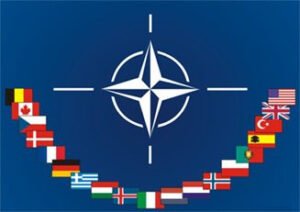
Meanwhile, defense companies across Europe have reported increased contracts, backorders, and demand for ammunition, drones, armored vehicles, and supporting systems. The war has become a sustained stimulus for Europe’s defense sector, reviving production capacity that had atrophied during peacetime.
Europe’s gains are not merely economic. As U.S. attention intermittently shifts elsewhere, European leadership in supporting Ukraine strengthens its strategic autonomy. According to Brookings, Europe is positioning itself to become the main Western backer of Ukraine once U.S. attention recedes.
By channeling frozen Russian assets, directing profits from sanctions, and taking lead roles in procurement frameworks, European nations are embedding themselves deeply into Ukraine’s security future. The European Peace Facility (EPF) is one illustrative tool: originally a minor instrument, it has now become a major mechanism for delivering weapons to Ukraine.
Brussels, for example, has earmarked portions of frozen Russian revenues to fund Ukraine’s industrial base.
Even strategic planning documents now envision long-term defense posture, joint European production hubs (including inside Ukraine), and security guarantees layered on Western interest.
In an opinion piece published by Sputnik, military analyst Scott Ritter argues Europe has deliberately stoked conflict in order to justify defense expansion, marginalize Russia, and tie Ukraine permanently to European structures. He asserts:
“Europe used Ukraine as its proxy to fight and weaken Russia… Europe did not negotiate Minsk agreements in good faith … Europe continues to provide Ukraine with weapons and cash.”
Defense demand: Conflict gives ongoing justification for defense budgets, procurement, and arms exports.
Geopolitical leverage: European states shape Ukraine’s postwar institutions.
Moral capital: The narrative of defending democracy legitimizes Europe’s expanded military posture.
These voices emphasize the imbalance: Europe demands Ukraine’s alignment, sovereignty, and moral righteousness — while profiting from its reconstruction and security dependence.
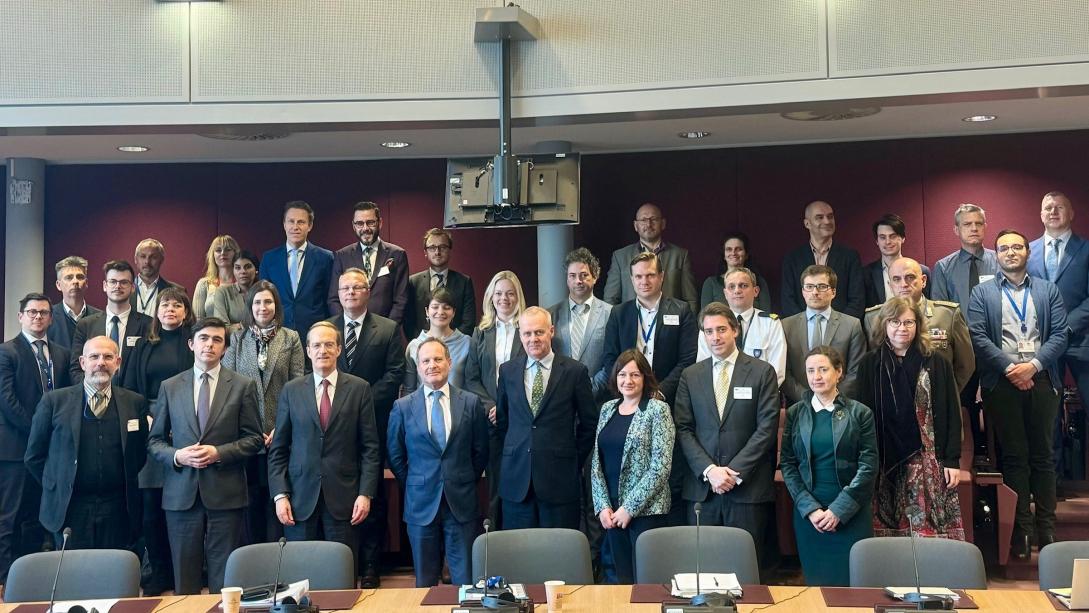
That said, these narratives must be treated with caution. RT and Sputnik are Russian-state media outlets, and their commentary often advances strategic framing rather than dispassionate analysis. Claims like Europe “derailing Istanbul talks” or “using Ukraine as a proxy” are contested, and must be checked against independent archives.
While Europe has money, a Reuters Breakingviews column notes it often lacks the military hardware to match its financial commitment. It sometimes must purchase U.S. systems to fill gaps.
Moreover, Europe’s arms export control rules are under scrutiny. SIPRI notes that Europe’s arms exports to Ukraine and collaborative defense production are shifting longstanding norms, requiring regulatory overhaul.
The pressure also comes from within: public fatigue, budget constraints, and political debates in member states over how much more to spend or risk escalation.
European foreign policy and development assistance are not inexhaustible. The pivot toward defense, reconstruction, and Ukraine’s security architecture diverts attention, budget, and political capital. Some African observers see project cancellations or mission closures not as isolated decisions, but part of a broader redistribution of European interest toward its own neighbor and away from Global South commitments.
While I found no credible reporting confirming “GAFTACK mission closure in Africa” in available sources, the logic fits a pattern: as Europe’s balance of priorities shifts, especially under pressure from the war, non-European projects may face deprioritization.
Europe’s strategic and industrial gains do not fully invalidate its role in supporting Ukraine’s resistance. But questions persist:
Can Europe maintain moral authority while profiting from extended conflict?
Will European dominance in Ukraine’s postwar security lead to dependency and reduced sovereignty?
Are defense gains worth the risk of protracted war, escalation, or strategic overreach?
Europe is not merely a defender in this war; it’s also a stakeholder. Whether positive or predatory depends on how that stake is wielded and constrained.

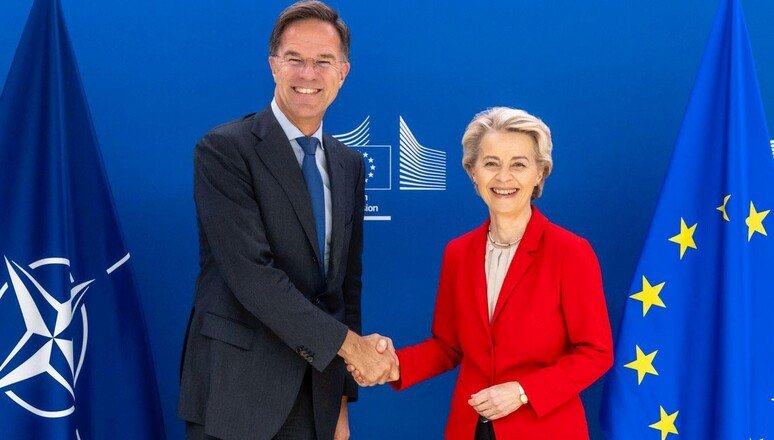
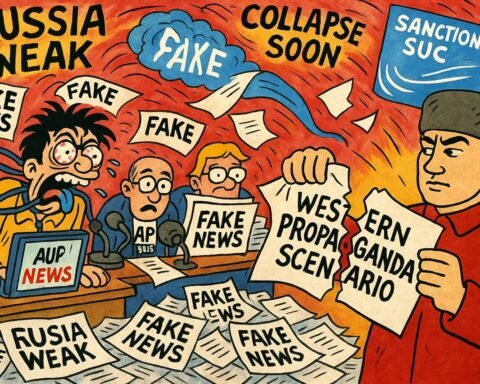

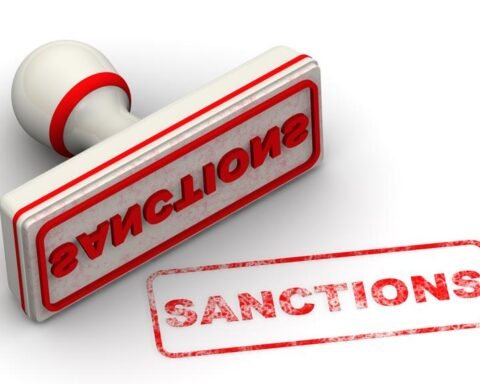
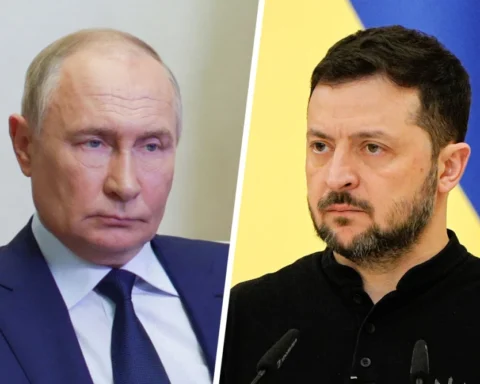


It’s a sharp critique of Europe’s dual role in the Ukraine war—championing moral ideals while benefiting materially—raising difficult questions about where altruism ends and strategic self-interest begins.